Ed Rabinowitz knew he'd be going down a rabbit hole when he decided more than 40 years ago to find out more information about his birth parents. But he had no idea just how confounding his journey would be. “It was a lot of dead ends,” he says. Still, he put in the work, and now this teacher and author not only has answers to many of the questions that puzzled him for decades, he also has an incredible story to tell.
Rabinowitz says he found out he was adopted when he was around 10 or 11 years old. At the time, he was living in an apartment building in the Bronx with his parents, Sarah and Sy Rabinowitz, and his younger sister, Shelley. Sarah had confided in another mother in the building about the adoption. When Sarah learned that the family's “secret” had been repeated to someone else, she worried that the revelation eventually would make its way to the ears of an unsuspecting, young Ed, so she and her husband decided to deliver the news themselves. Ed took it remarkably well. “I couldn't wait to tell my friends,” he recalls. “[I thought] this is neat, this is cool.”
Although the discovery didn't incite any feelings of rancor, it did compel Rabinowitz to try to learn more about his biological roots.
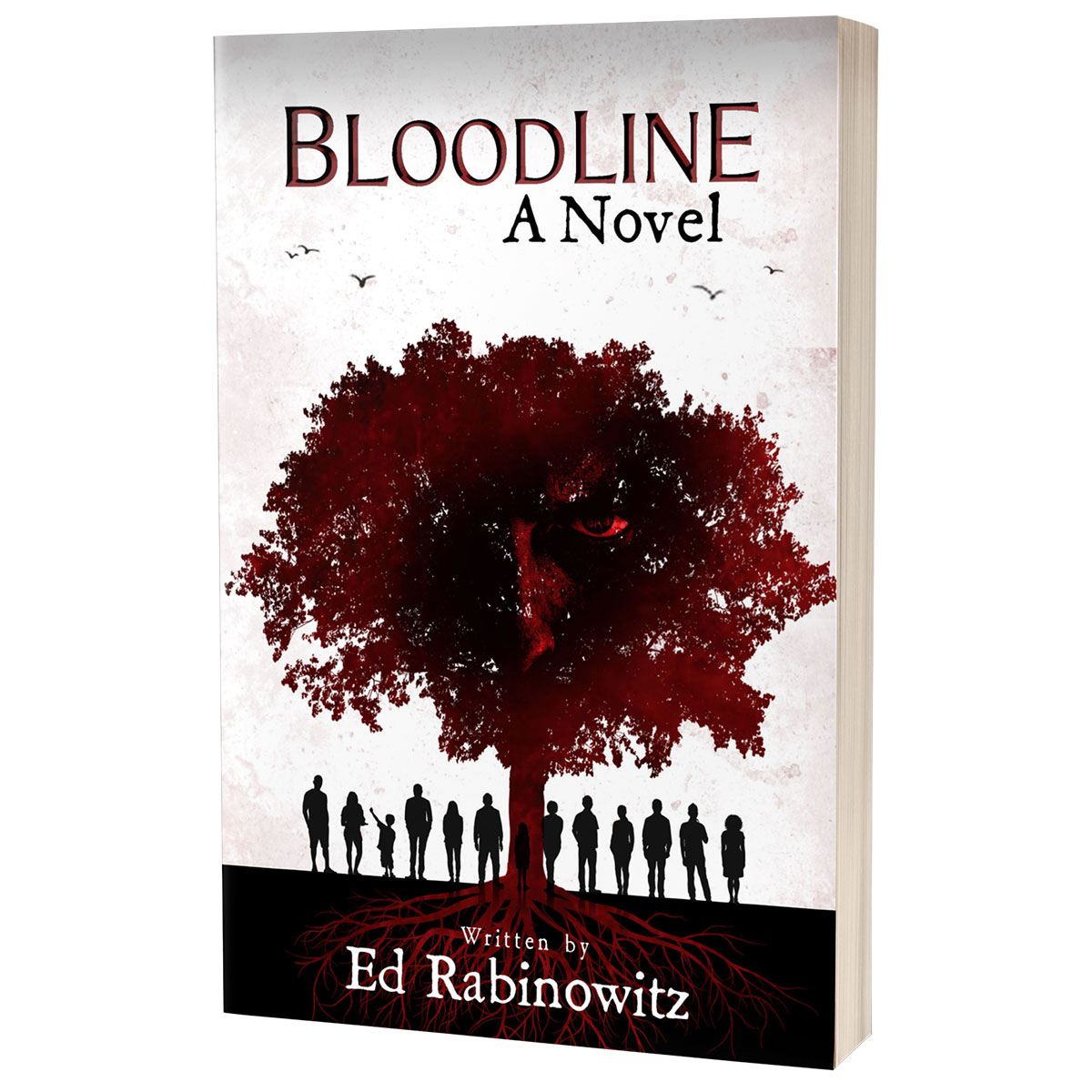
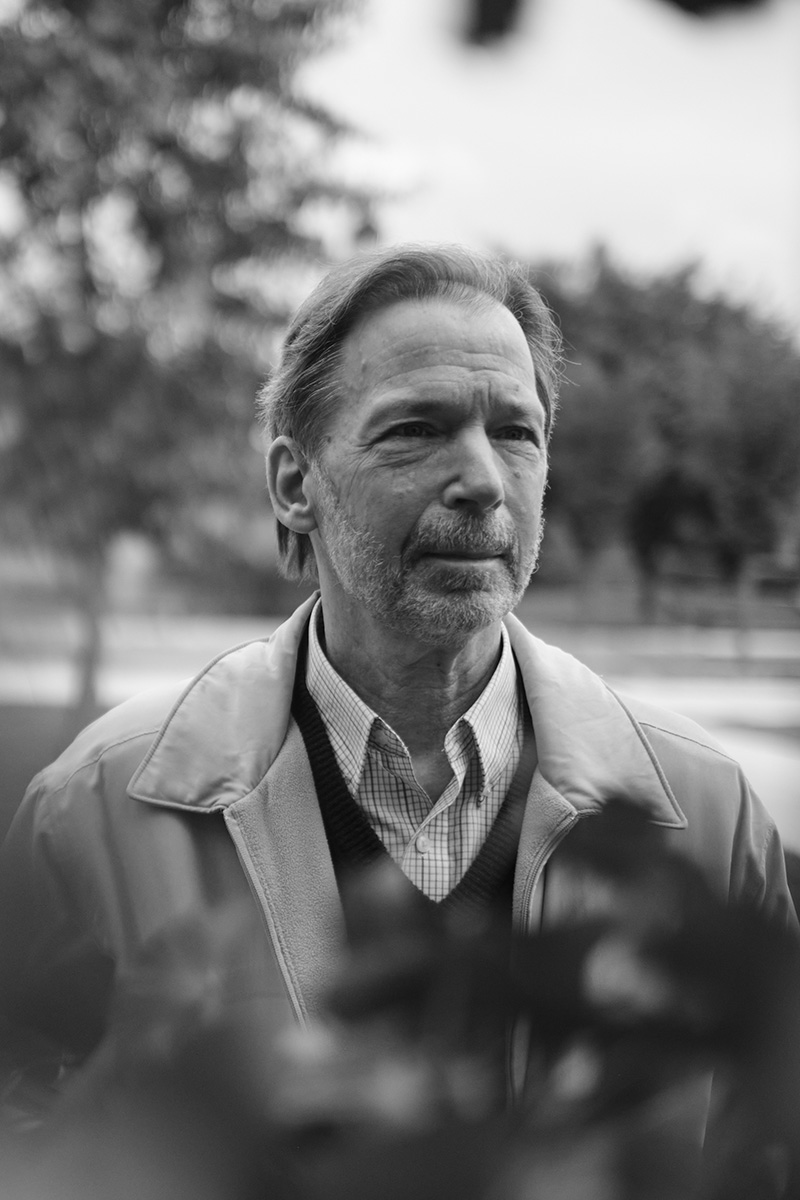
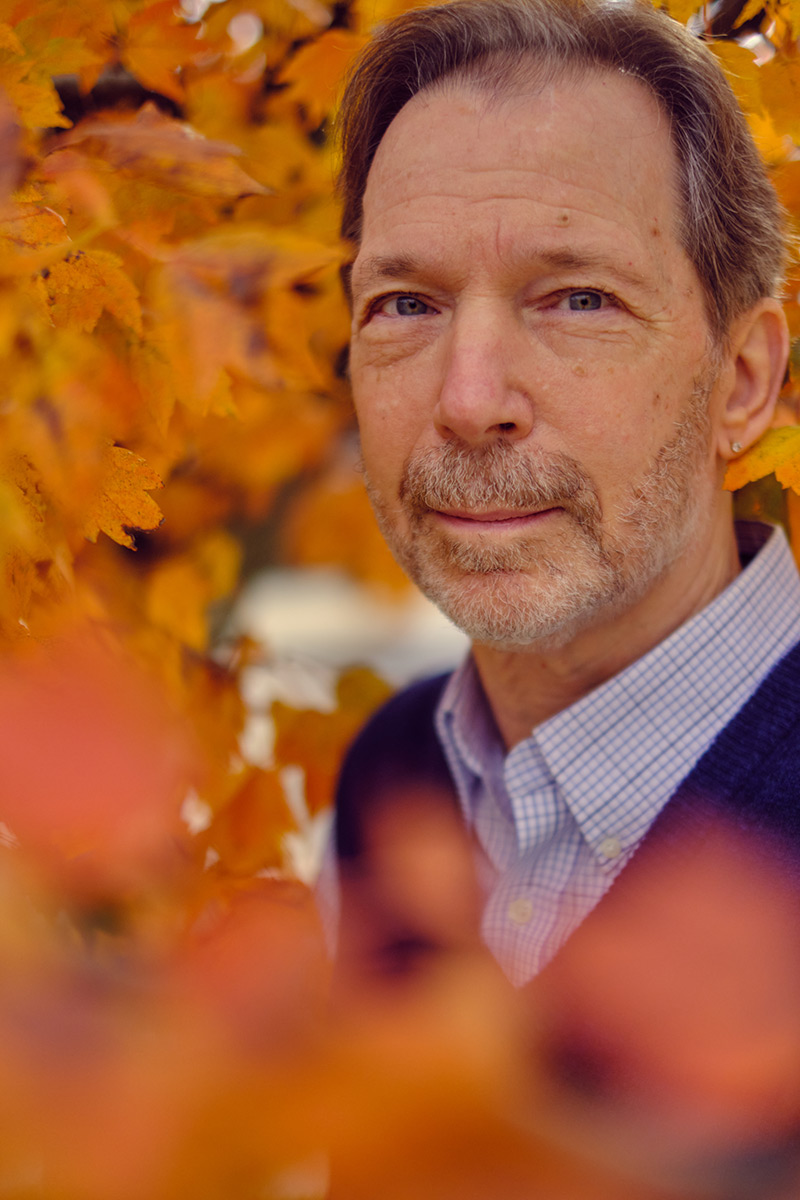
Initially, it was a mission carried out somewhat in secret; Rabinowitz says his mother felt hurt and somewhat betrayed by his curiosity. “It was like a slap in the face [to her],” Rabinowitz says. Also complicating the search: Rabinowitz began playing the part of private investigator in the late 1960s and early '70s, long before at-home DNA kits, Google searches and ancestry.com would make it a lot easier to do any kind of amateur sleuthing into one's past. His father, though, tried to be helpful and told him the names of the two people who he believed to be Ed's birth parents. Those names seemed to check out with information Rabinowitz later found in the “baby book” (records from the maternity ward) at the hospital in Liberty, New York, where he was born in 1952. But, alas, Rabinowitz would later learn the names weren't quite right. “I spent 10, 12 years looking for people who didn't exist,” he says.
But at the age of 28, he was chasing down a fresh lead. An article he wrote about his quest that was published in a newspaper in the Catskills ended up in Sarah's hands. She relented and gave him the name of the man who she believed was his birth father. Finally, about six years ago, Rabinowitz began to make real connections and started communicating with three women he thought were blood relatives: two nieces and a half-sister on his biological father's side.
From them, he learned more about the somewhat shady character they all had in common on their family tree; Rabinowitz says he likely was a member of the Jewish mafia and died a mysterious death at the age of 48.
In 2018, one of the nieces suggested they take a DNA test from 23andMe to prove they were truly related. They did. And—here comes another plot twist—it turns out, they didn't share a blood relative after all. Just like that, Rabinowitz was back at square one. And yet, while the test results seemingly snuffed out one fledgling family tree, it planted the seed for another: Rabinowitz's report from 23andMe confirmed a half-sister, Linda. When he connected with her, she told him she had a full brother—Larry—meaning Rabinowitz had at least one other half-sibling. “That started the avalanche,” he says. “It seemed like every other week, more dominoes were falling into place.” After Skyping with Linda and Larry, he arranged to meet when Larry and his wife would be traveling on the East Coast. Rabinowitz says he expected the meet-and-greet to be brief; instead, the two spent five hours together, swapping stories and getting to know one another. “At that moment, I thought, ‘OK, this is great,'” Rabinowitz recalls. “This is what I found. I figured that was the end of it.”
It wasn't. The next relative to emerge on his radar was an aunt, the sister of his biological father. She was able to fill in many of the gaps in Rabinowitz's personal origin story. He learned that, at the time of his birth, his mother and father were married to other people; Rabinowitz believes, for this reason, they may have altered the names they provided at the hospital. “So, I suppose my natural parents just flipped the names as a way to hide who they were, since neither had finalized their respective divorces yet,” he says. These were the names that appeared in the “baby book,” and the names given to him by his adopted father.
Then, his newly found aunt dropped another major piece of information on him: three years after Rabinowitz was born, his biological parents did marry each other and have another child—a boy named Richard. Rabinowitz had a full sibling. Eventually, the two made contact. “He was shocked,” says Rabinowitz. “He was kind of confused and angry that he had a brother out there that he was never told about.” The two started bonding and building a relationship via Facebook Messenger, Skype and phone calls. “We kind of got into a routine where we would talk every Sunday morning for an hour,” says Rabinowitz. They met face-to-face for the first time in March of 2019.
Rabinowitz has now connected with a total of seven siblings (one full sibling and six half-siblings) who range in age from 45 to 72. The fact that his quest to find his birth family had all the drama and twists and turns of a gripping page-turner wasn't lost on him. Rabinowitz, a freelance writer and adjunct communications professor at Lehigh Carbon Community College and Penn State Lehigh Valley, already had two books under his belt: The Road to a Record, the story of a record-setting win streak by Northampton Community College's women's softball team, and One More Dance, the real-life story of a couple's battle against brain cancer.
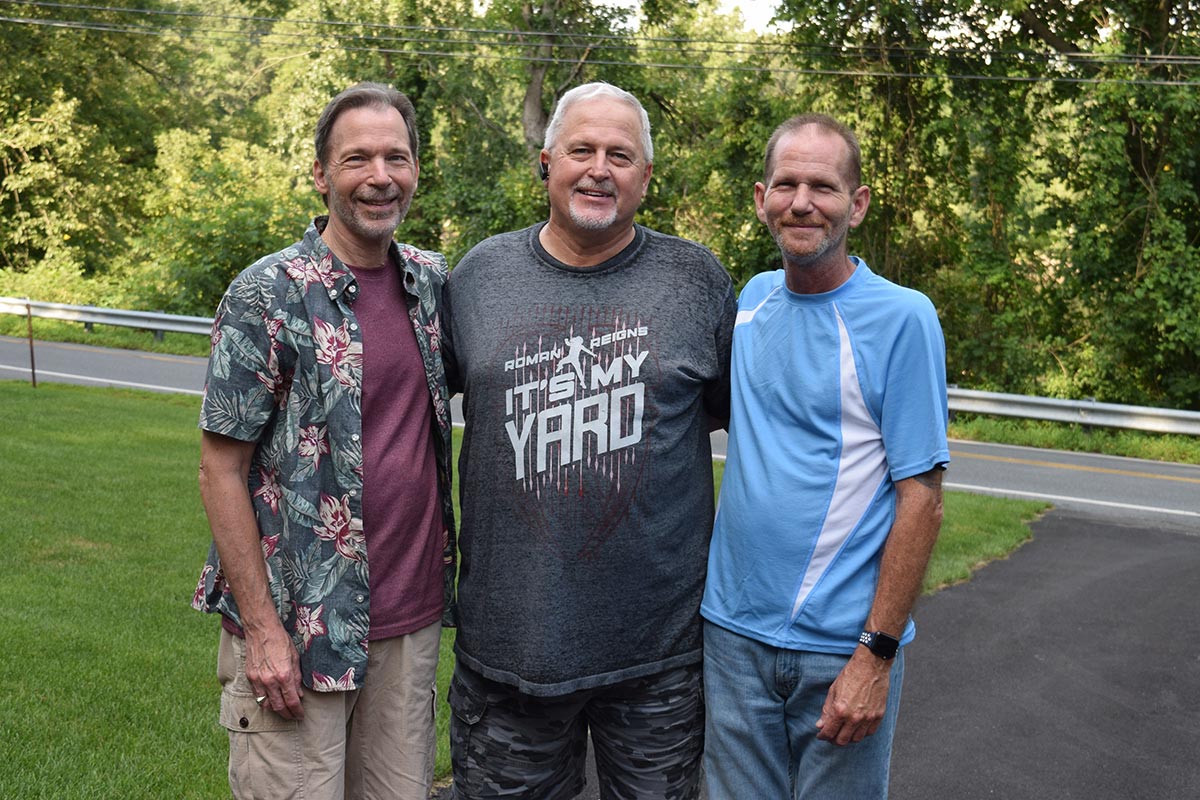
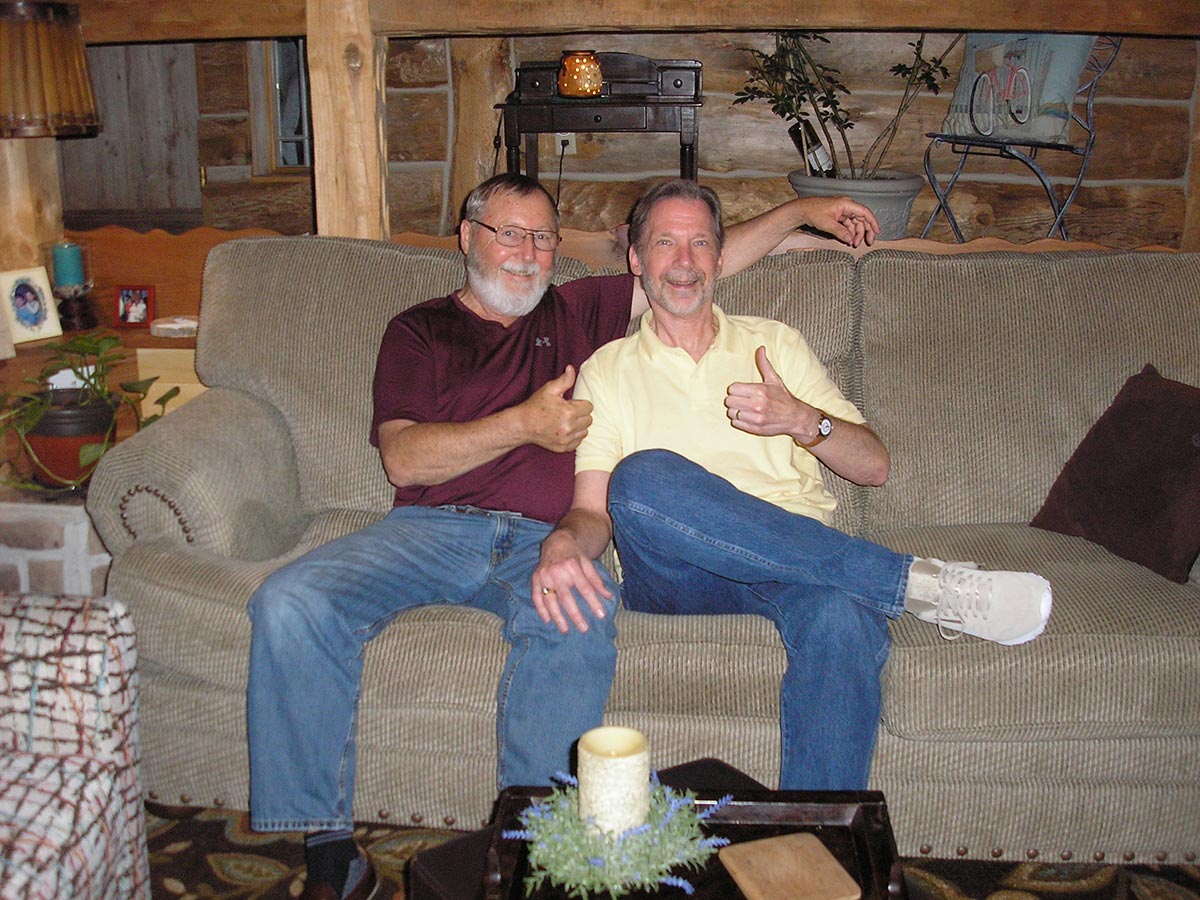
But Bloodline would be his first novel. He describes it as a history-based, character-driven depiction of not just his story as an adoptee doing a deep dive into his past, but also the personal histories of his seven siblings. “It's 90 to 95 percent true,” he says. The names of his siblings have been changed in the book, but many of the personal tragedies described—tales of infidelity, sexual molestation, heartache, divorce and death—happened to them in real life. Rabinowitz finished writing Bloodline in April of 2020 and self-published the book through Amazon.
Rabinowitz, of Bangor, is married with two grown daughters and four grandchildren. His biological parents and adopted parents are all deceased.
He never had the opportunity to meet his birth parents, which he describes as disappointing. But even now, the “new” family that Rabinowitz has cobbled together continues to grow. He still gets emails stemming from his initial 23andMe search about potential relatives. Recently, he connected with some cousins on his birth mother's side. And so, the family tree continues to bear new fruit. “It's instant family,” says Rabinowitz. It's also a lot of new birthdays to remember. “I keep Hallmark in business,” he says.















